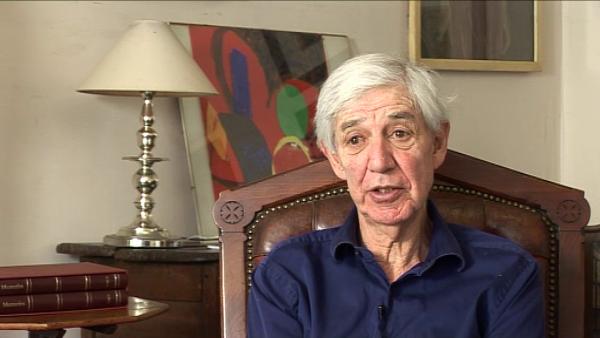NEXT STORY

'Soil mechanics wasn't very sexy, but then neither was cell biology'
RELATED STORIES

NEXT STORY

'Soil mechanics wasn't very sexy, but then neither was cell biology'
RELATED STORIES


|
Views | Duration | |
|---|---|---|---|
| 21. Consciousness | 1 | 574 | 03:09 |
| 22. The little-understood question of cells' positional identity | 363 | 04:55 | |
| 23. Sydney Brenner: The local genius | 528 | 02:09 | |
| 24. 'Reading rots the mind' | 834 | 01:04 | |
| 25. Is science dangerous? | 580 | 04:50 | |
| 26. The nonsense of bioethics | 1 | 388 | 02:11 |
| 27. Exciting ideas that ought to be researched | 338 | 02:27 | |
| 28. The relationship between evolution and development | 277 | 02:22 | |
| 29. A theory about metamorphosis | 215 | 02:05 | |
| 30. 'Soil mechanics wasn't very sexy, but then neither was cell... | 187 | 02:45 |

